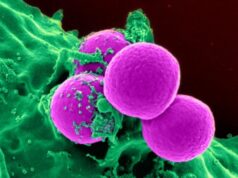A study published in Nicotine & Tobacco Research demonstrates in a carefully controlled series of studies that the self-administration of nicotine by rats suppresses body weight gain independent of food intake.
The authors of the study investigated the impact of reducing nicotine doses on body weight, and results revealed that reduction of nicotine dose from a large self-administered dose to very low doses resulted in substantial weight gain. In rats self-administering a maximally-reinforcing dose of nicotine, body weight gain during the 20-day study period was attenuated by ~40% despite no change in food intake.
As lead author Laura Rupprecht said, “The findings are important in the context of potential product standards requiring very low nicotine levels in cigarettes, as they indicate that low nicotine levels may still reduce body weight, possibly motivating continued use and maintaining exposure to harmful chemicals in cigarette smoke.”
The results of the four experiments in the study also indicate that the weight-suppression properties of nicotine may act through processes that are separate from those that contribute to nicotine addiction. A better understanding of the separate neurobiological mechanisms responsible for nicotine addiction and body weight regulation may allow for new avenues in the development of obesity pharmacotherapies.
Source: Oxford University Press USA
Journal References:
Find your dream job in the space industry. Check our Space Job Board »
- Laura Rupprecht et al. Self-Administered Nicotine Suppresses Body Weight Gain Independent of Food Intake in Male Rats. Nicotine Tob Res, May 2016 DOI: 10.1093/ntr/ntw113










